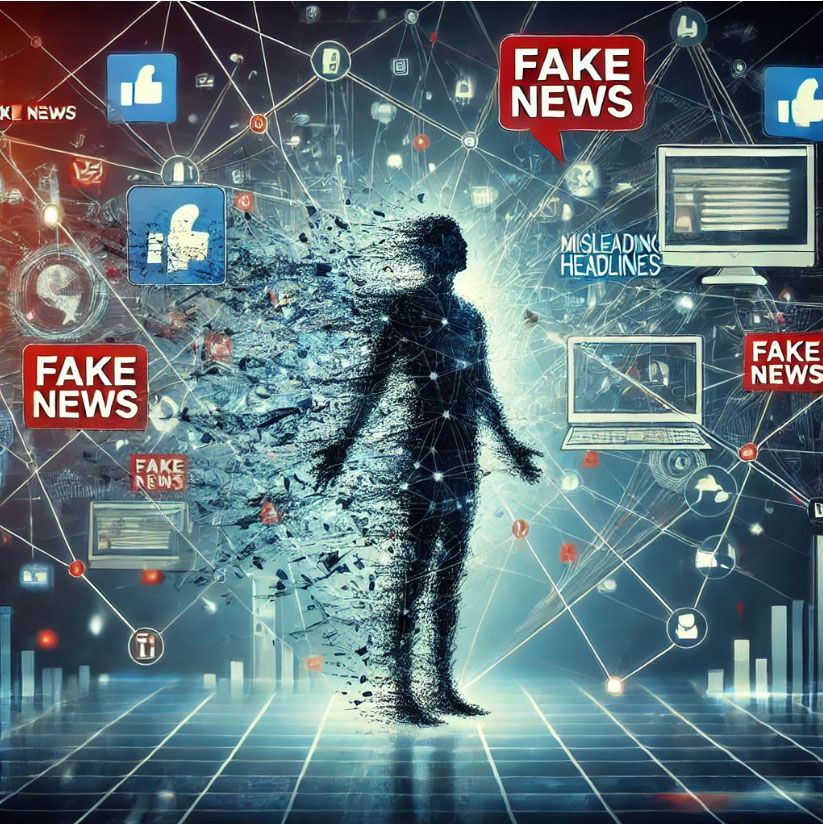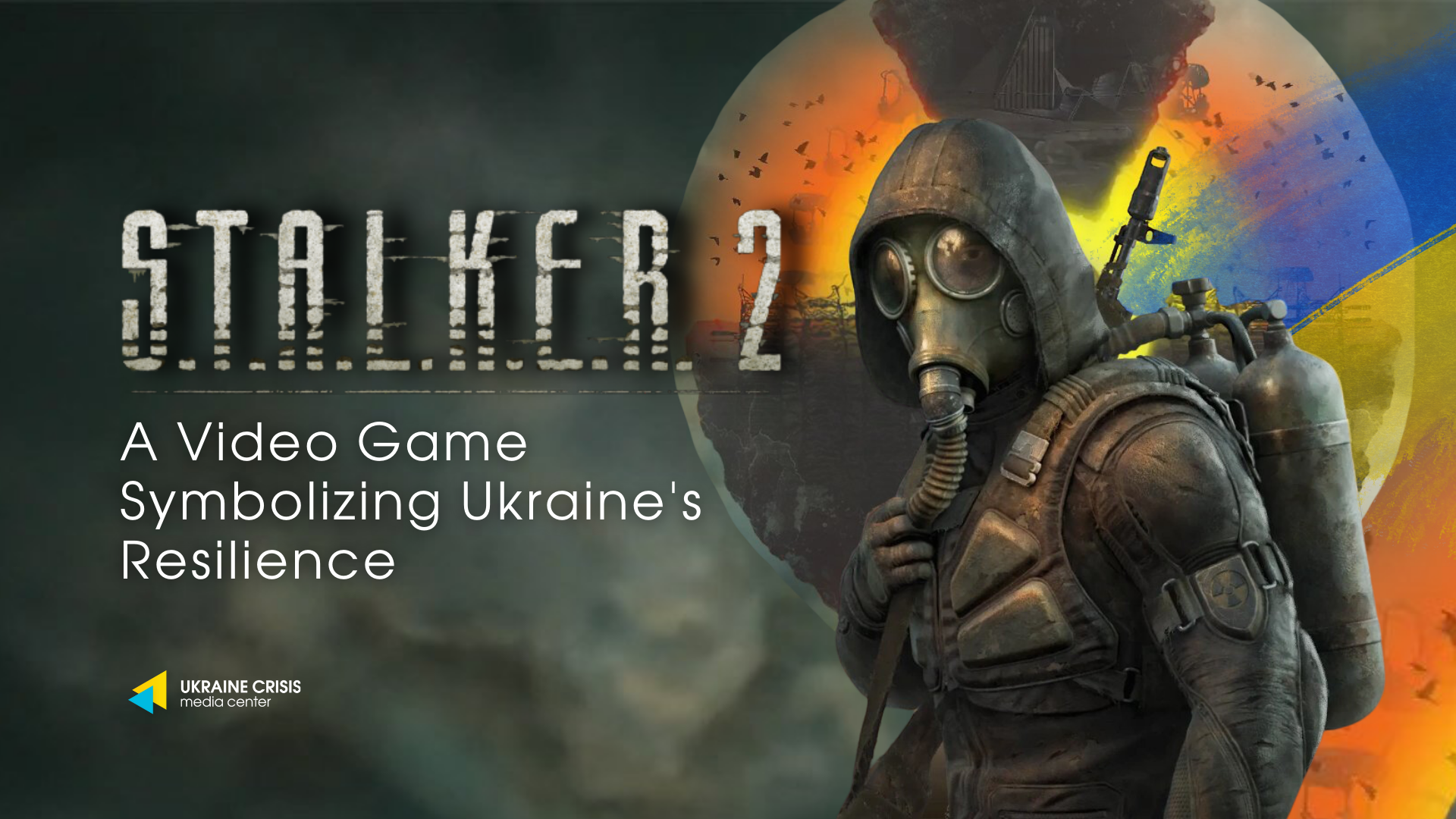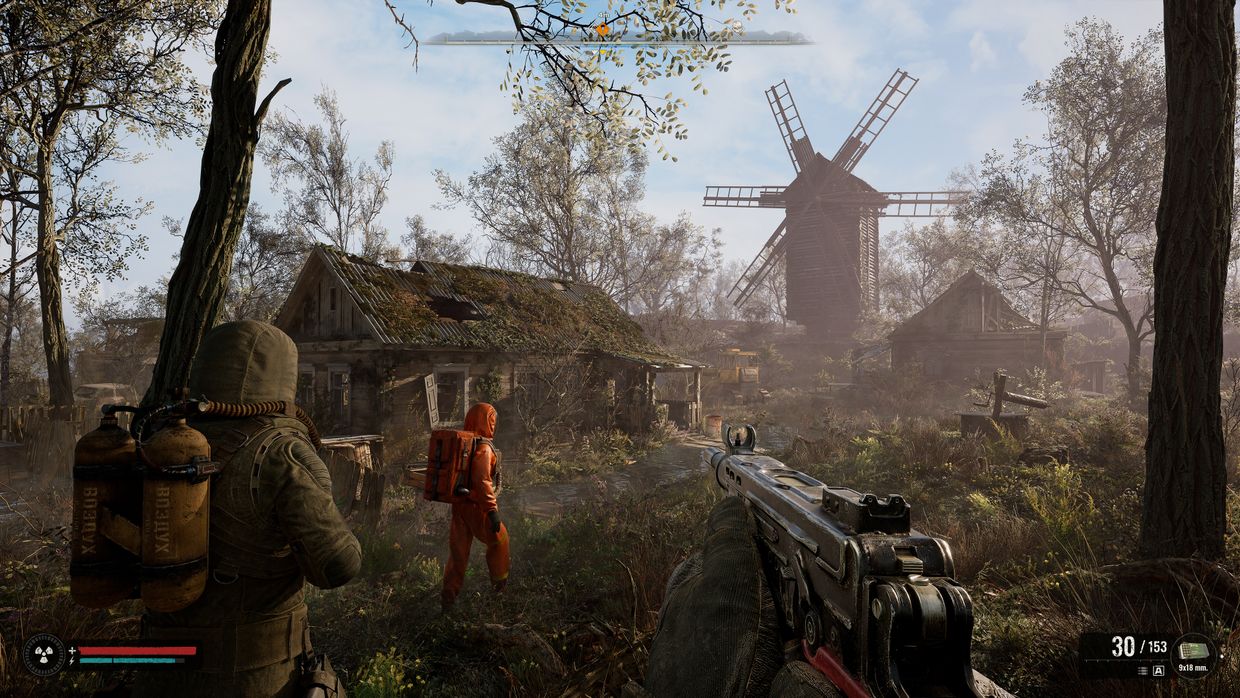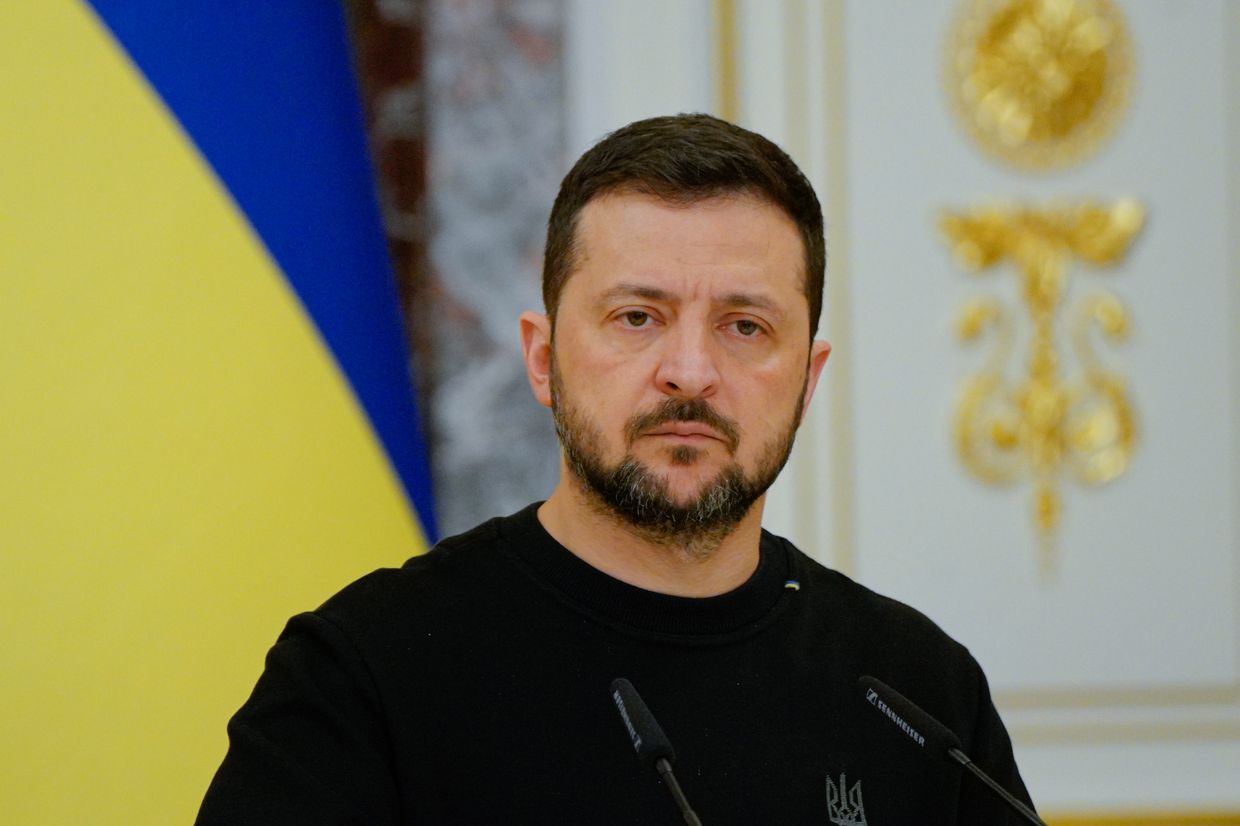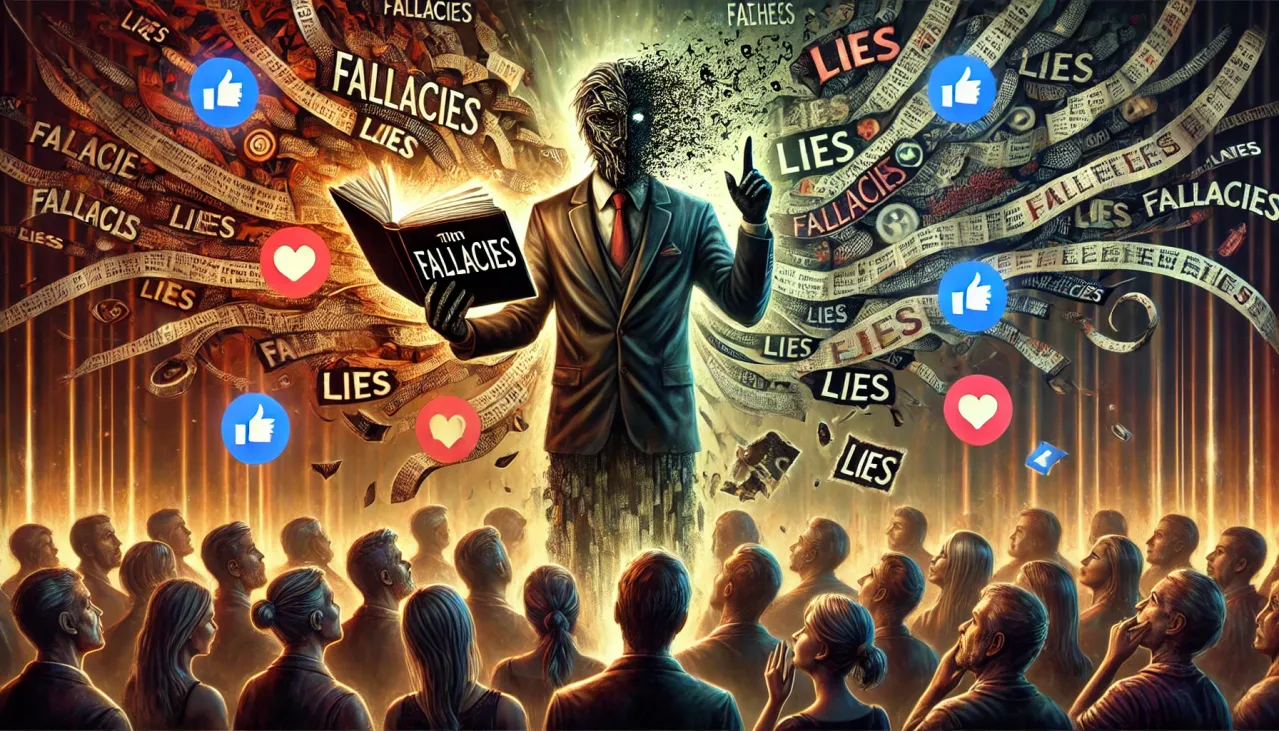The Tangible Impact on Lives
Medical Decisions Gone Wrong
Disinformation about health and medicine has caused devastating harm. During the COVID-19 pandemic, waves of misinformation spread rapidly through social media platforms, convincing many to avoid vaccines based on false claims—from fears of infertility to conspiracy theories about microchips. According to a 2021 study published in The Lancet, vaccine hesitancy fueled by these falsehoods contributed to millions of preventable deaths worldwide.
The damage extended beyond vaccine resistance. For instance, individuals desperate for protection against the virus turned to unproven remedies like drinking bleach or consuming ivermectin, a livestock dewormer. Poison control centers across the United States reported a surge in cases linked to these dangerous practices. A poignant example is the story of a mother in a rural community who, persuaded by anti-vaccine content, tragically lost her unvaccinated child to a preventable disease.
False health claims go beyond COVID-19. In developing countries, disinformation campaigns targeting immunization programs have led to outbreaks of diseases like measles and polio. The World Health Organization identifies vaccine misinformation as a major contributor to the resurgence of preventable illnesses globally.
Political and Social Consequences
The political arena has been equally scarred by disinformation. Elections worldwide have become battlegrounds for propaganda campaigns designed to confuse, polarize, and manipulate voters. During the 2016 U.S. presidential election, Russian operatives targeted key demographic groups with false narratives aimed at suppressing voter turnout or swaying opinions. Similar tactics were observed in Brazil’s 2018 elections, where WhatsApp served as a conduit for fabricated claims against candidates.
These campaigns disproportionately affect less-educated populations who may lack the tools to critically evaluate the information they receive. In Myanmar, for example, a systematic disinformation campaign against Rohingya Muslims on Facebook stoked ethnic tensions, contributing to genocidal violence. In India, WhatsApp disinformation fueled mob lynchings, driven by false accusations of child kidnapping.
In Africa, disinformation campaigns have tragically fueled genocides and mass violence. The Rwandan genocide of 1994, although predating the social media era, showcased how propaganda via radio broadcasts incited ethnic hatred and mobilized killings. Today, in regions like Ethiopia, disinformation on social platforms has exacerbated ethnic conflicts, inflaming violence and worsening humanitarian crises. Such cases highlight the deadly stakes of unchecked disinformation in already volatile environments.
Social divisions exacerbated by disinformation are also evident in the United States. False narratives surrounding racial justice protests and election fraud have deepened existing societal fractures, making it harder to build consensus and trust within communities.
The Role of Civil Society in Combating Disinformation
Amid this crisis, civil society has a pivotal role in equipping individuals and communities to counteract the corrosive effects of propaganda. Empowering people with media literacy, fostering critical thinking, and creating platforms for accurate information are vital steps toward resilience.
The Public Education Forum, a grassroots initiative steadily progressing as it works toward obtaining nonprofit status, envisions the following goals:
- Educating the Public: Hosting workshops, online courses, and interactive seminars to provide tools for discerning truth from falsehood.
- Engaging Communities: Collaborating with local leaders to ensure media literacy resources reach rural and marginalized populations.
- Promoting Social Action: Empowering individuals to participate in advocacy, report disinformation, and support trustworthy media outlets.
- Building Networks: Partnering with schools, libraries, and grassroots organizations to amplify outreach and ensure inclusivity.
Despite limited resources, the Forum is committed to simplifying complex issues and creating accessible learning opportunities, aspiring to cultivate an informed citizenry prepared to challenge and resist propaganda.
Actionable Solutions
To mitigate the human cost of disinformation, a collective effort is required:
- Education as Armor: Equip individuals with skills to identify credible sources, verify information, and critically evaluate content.
- Targeted Outreach: Develop campaigns tailored to less-educated and marginalized communities using relatable analogies, local languages, and culturally relevant messaging.
- Collaborative Action: Foster partnerships among governments, NGOs, and technology companies to identify and combat disinformation at its source.
- Community Participation: Encourage grassroots action by empowering local leaders to advocate for truth and resilience against propaganda.
- Digital Literacy in Schools: Integrate media literacy into school curricula to prepare future generations for the challenges of the information age.
A Call to Action
Disinformation is not merely a societal issue; it’s a personal one, deeply impacting lives in harmful ways. Recognizing its human cost, we must rally to protect the most vulnerable, rebuild trust, and construct a society resilient to propaganda.
What Can You Do?
- Participate in local workshops or forums focused on media literacy.
- Share accurate information and actively debunk myths within your community.
- Support initiatives like the Public Education Forum that combat disinformation at the grassroots level.
Together, we can ensure that truth, not deception, shapes the decisions defining our lives and futures.


